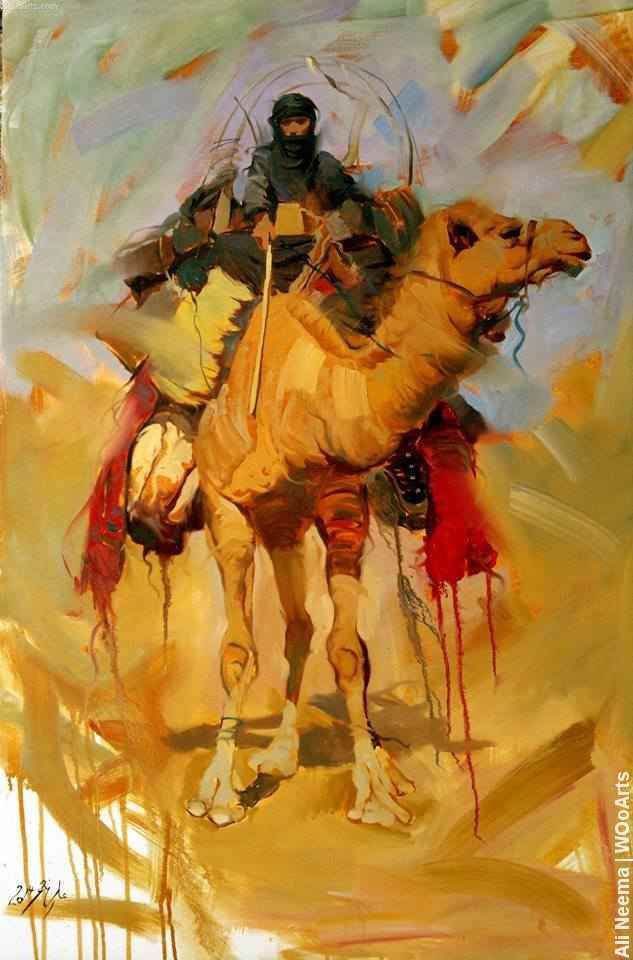Gender and Power among Azawad Arabs
Azawad is a geographical region across Niger, Mali, and Algeria known by the locals but never granted state recognition. The zone represents the Sahel and is a melting pot of different communities, tribes, and castes. The main ethnic groups are Tuareg, Arab, Peulh (Fulani), and Songhay. Due to the short-lived Azawad parastate created by MNLA in Mali in 2012, most early studies and current work focus on geopolitical issues, conflict, and the instability of Azawad. A closer look at the literature on the Azawad Arab gender norms, however, reveals a number of gaps and shortcomings. This project sought to understand how the beliefs and practices of the Arab Azawad community impact and prevent women from playing an important role in society.
For Azawad Arabs, holding high social rank, which is based ideologically on their ethnicity, their language, and their adherence to Islam is, of utmost importance. The distinction between genders is an essential component of maintaining social rank is engrained in the culture and supported by hadiths. Despite prevailing patriarchal cultural practices in the Azawad community, men's reputations are predicated on the behaviors and actions of their female kin. Men fear that women may bring them shame or cause them to "look down" (danekiss) in the community. The limited freedom of Azawad Arab women is circumscribed by Islam (Quran, hadith), by their gender, and by their caste/tribe.
This power women hold over men makes women prisoners in their own lives. To stay safe, women try to eliminate all possible sources of shame. Women from Azawad Arab tribes have two main responsibilities. One is the requirement to keep their family's honor safe. The second is their active role in upholding Arab identity by avoiding mixing with non-Arabs, following religious leader rules, and respecting the traditional practice. Maintaining the status quo is done by controlling women through space, movement, sexuality, and through an emphasis on gender difference. Space and movement are very strictly divided. Women's purity is a source of pride and anxiety, which serve as an argument for a strict restriction of girls' education and a justification for early marriage.
 CLOSE SIDEBAR
CLOSE SIDEBAR
